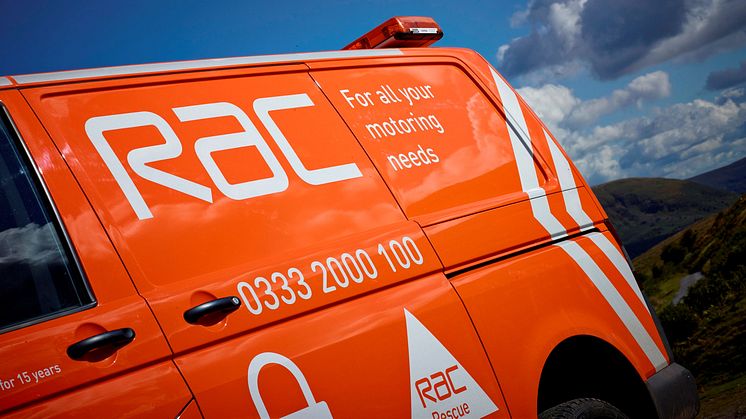
Blog post -
The RAC's view on the short-term motoring priorities for the Transport Secretary
The RAC believes the short term motoring agenda for the new Government should be:
- Major roads – deliver the Road Investment Strategy on time and within the agreed budget
- Fuel duty – stay fair to the motorist by, as a minimum, continuing the duty freeze
- Local roads – eradicate the pothole problem with a long-term strategy and funding for tackling the maintenance backlog
- Road safety – publish the green paper on reducing accidents involving young drivers, and reintroduce national casualty reduction targets
What the RAC believes motorists can now expect from the new government
The Road Investment Strategy (RIS), which was published by the previous government, will deliver long-awaited improvements to England’s motorways and A-roads. With spending secured up to 2021, this will give both motorists and businesses confidence that the 127 schemes right across the country that form part of the RIS will at last be delivered. The Office of Rail and Road will monitor the progress to ensure that motorists see the benefits and Transport Focus will gather feedback from road users and assess their satisfaction. RAC is working closely with both of these bodies to represent members’ interests.
The high rate of fuel duty and VAT on petrol and diesel result in almost 70% of the pump price going to the Treasury and this means that UK motorists continue to be amongst the most harshly taxed in Europe. Immediately prior to the election and during campaigning, Mr Osborne committed to maintain the freeze on fuel duty until at least September 2015. This will benefit motorists, although there is still a strong case for a reduction in fuel duty in order to help sustain economic growth and boost jobs.
Where the RAC believes motorists deserve greater clarity from the new government
There remain a number of important areas where the RAC seeks greater clarity on policy issues that affect the UK’s motorists:
Local roads – cracking the pothole problem
The commitment to repair 18 million potholes in the Conservative party manifesto was a welcome sign, but what is needed now is a long term strategy led from the Department for Transport to properly tackle the maintenance backlog on local roads – much like we now have for major roads in the RIS. Local authorities, whose role includes maintaining and developing local roads, need longer-term certainty of funding of a magnitude sufficient to allow them to plan ahead and progressively reduce the £12 billion maintenance backlog. Only this will see an end to the reactive ‘patch and dash’ approach that many local authorities are forced to take because they cannot afford the preventative maintenance that would stop potholes forming in the first place.
Road safety – giving the young drivers’ green paper the green light, and reintroducing national road safety targets
Young drivers are statistically much more likely to be involved in an accident than older drivers – with nearly one in four 18 to 24 year-olds being involved in a road traffic accident within two years of passing their driving test. In 2013, the government announced its intention to publish a green paper to examine how young driver safety could be improved. However, after a succession of delays, publication was postponed indefinitely. The RAC calls on the new government to commit to a renewed focus on improving the safety for young drivers by publishing a green paper that sets clear proposals and timescales for the development and implementation of policies to tackle the root causes of the problem.
2013/14 also saw the first rise in the number of children killed or seriously injured on British roads. The RAC believes this is a stark reminder of the need for national casualty reduction targets to be reintroduced. Theses should be complemented by establishing road safety education on the national curriculum.


